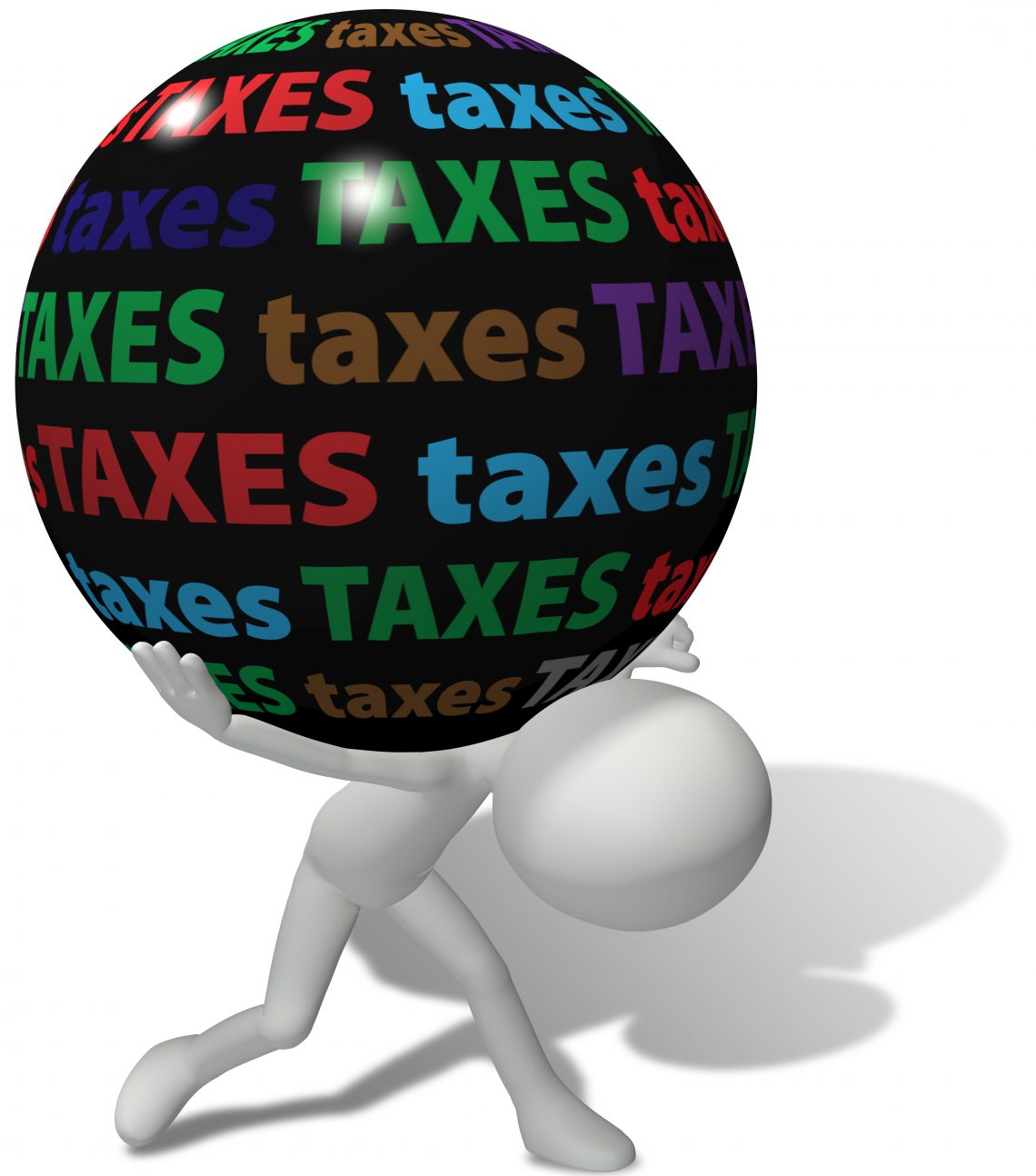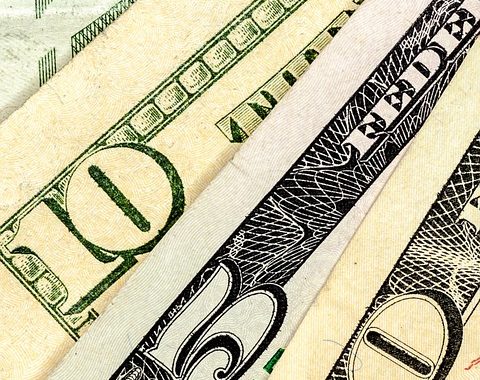The core issue preventing compromise on Trump’s tax reform isn’t special interests, it’s ideology.
Tax Reform is the next great undertaking by President Trump and Congress. Although both Democrats and Republicans agree that the tax code is far too complex, both sides also lament that special interests and their lobbyists make any significant tax reform impossible, and have come to accept a continual bloat of our tax code (currently standing at 74,608 pages.)
I would argue that the central issue with tax reform isn’t driven by special interests, but instead by ideology. Specifically, what you believe are fair taxes depends upon whether you believe that your income belongs to the government first and the individual second, or to the individual first and the government second.
I offer that liberals subscribe to the notion that whatever an individual earns belongs first to the government, who can then determine how much the individual will keep. The corollary liberal precept would be that whenever anyone accumulates wealth, it is at the expense of others and therefore the state has both a right and an obligation to take “excess wealth” and use it as the state sees fit. The contrarian conservative view would be that what an individual earns belongs to that individual first, with a fair amount paid for that individual’s share of the public resources provided by the government.
Liberals believe that taxes should be used as a tool to redistribute wealth and that any tax that levies an equal percentage of tax across income levels is “regressive”, a term deliberately pejorative in connotation to suggest that any attempt to treat people equally (aka fairly) under tax law is somehow morally suspect. The idea that anyone should expect taxes to be “fair”, i.e. as a flat percentage of one’s income, is decried as somehow offering tax breaks to the rich. This despite the obvious fact that tax as a percentage of income (vs. a flat absolute tax amount, say of $100 per person) is by definition paid at a greater rate by the rich in exactly the proportion to their higher income. I fail to see how that can be twisted by liberal Newspeak into an example of unfairness. If the desire is to have the rich pay more than their fair share because they have more money that can be taken by the state, then simply state that plainly rather than insulting the intelligence of the general population by couching it as “fair”. Taking this path to its logical conclusion, the state would have the right to take any amount of money from the individual that is not required beyond what the state determines as a base living. This would be, in liberal Newspeak, fair, since any excess money beyond basic needs is then given to the government to distribute to those deemed “needy”. Again, from this perspective the state has first rights to the individual’s income, with the individual left with whatever the government chooses to leave him or her.
There is a scene from the movie Dr Zhivago in which the eponymous Doctor returns to his family home after the revolution to find it occupied by dozens of squatters. When he magnanimously welcomes the squatters to share his home, he is roughly told that it is not his place to welcome anyone, since the house was never his to begin with. Such is the liberal view of individual income. It belongs not to the individual, but to the state who will determine how much the individual will be allowed to keep from his or her labors.




